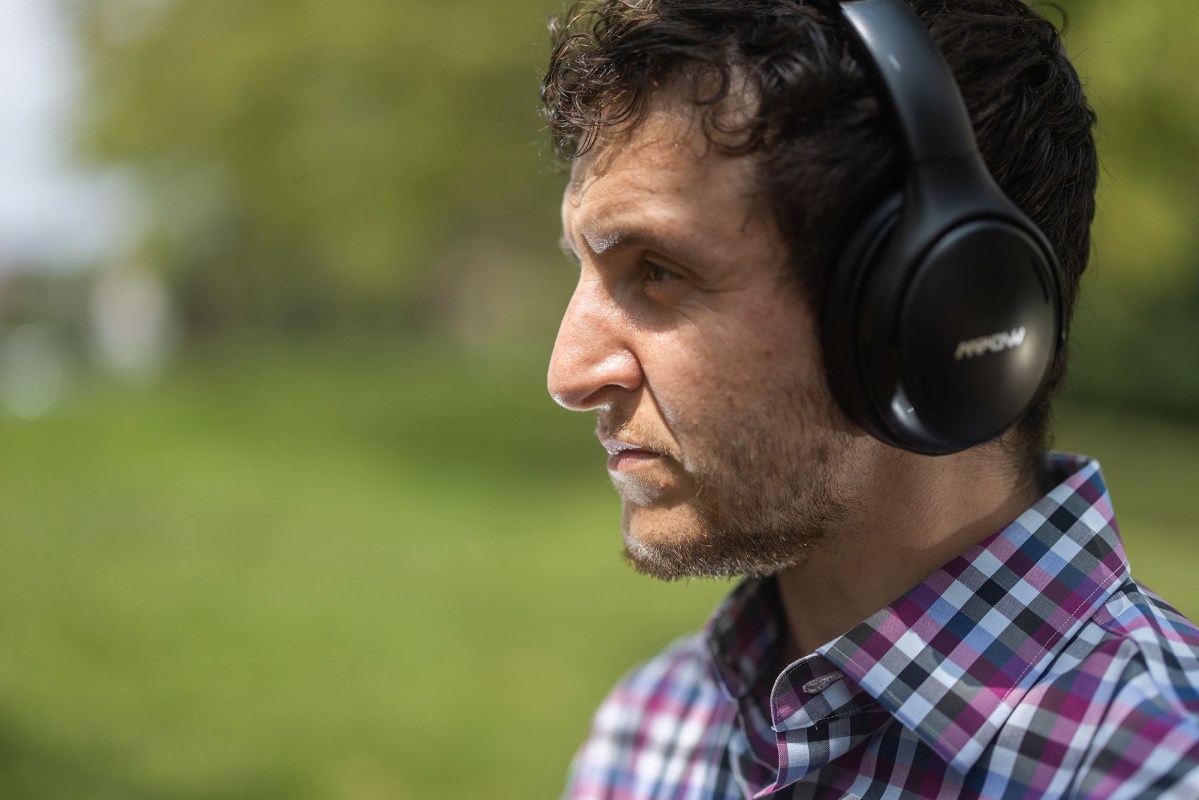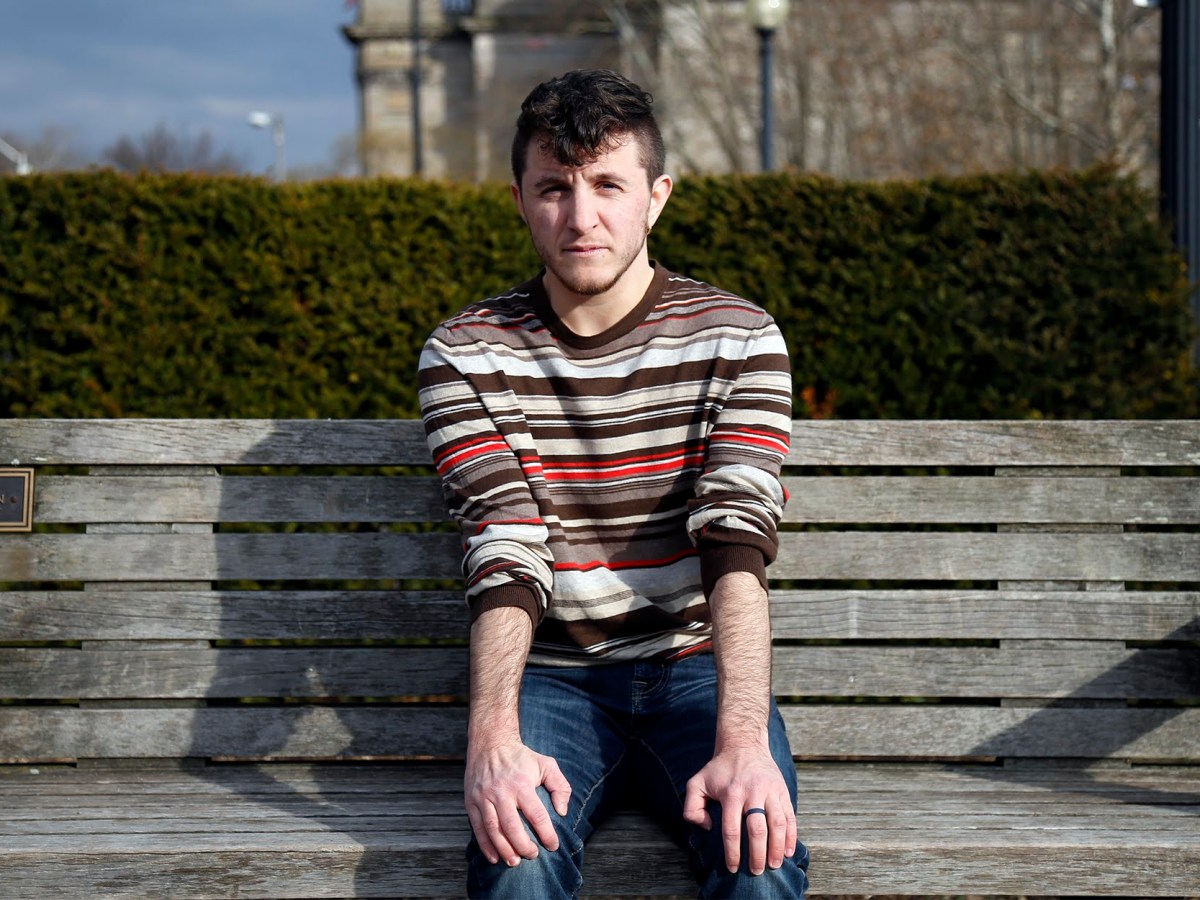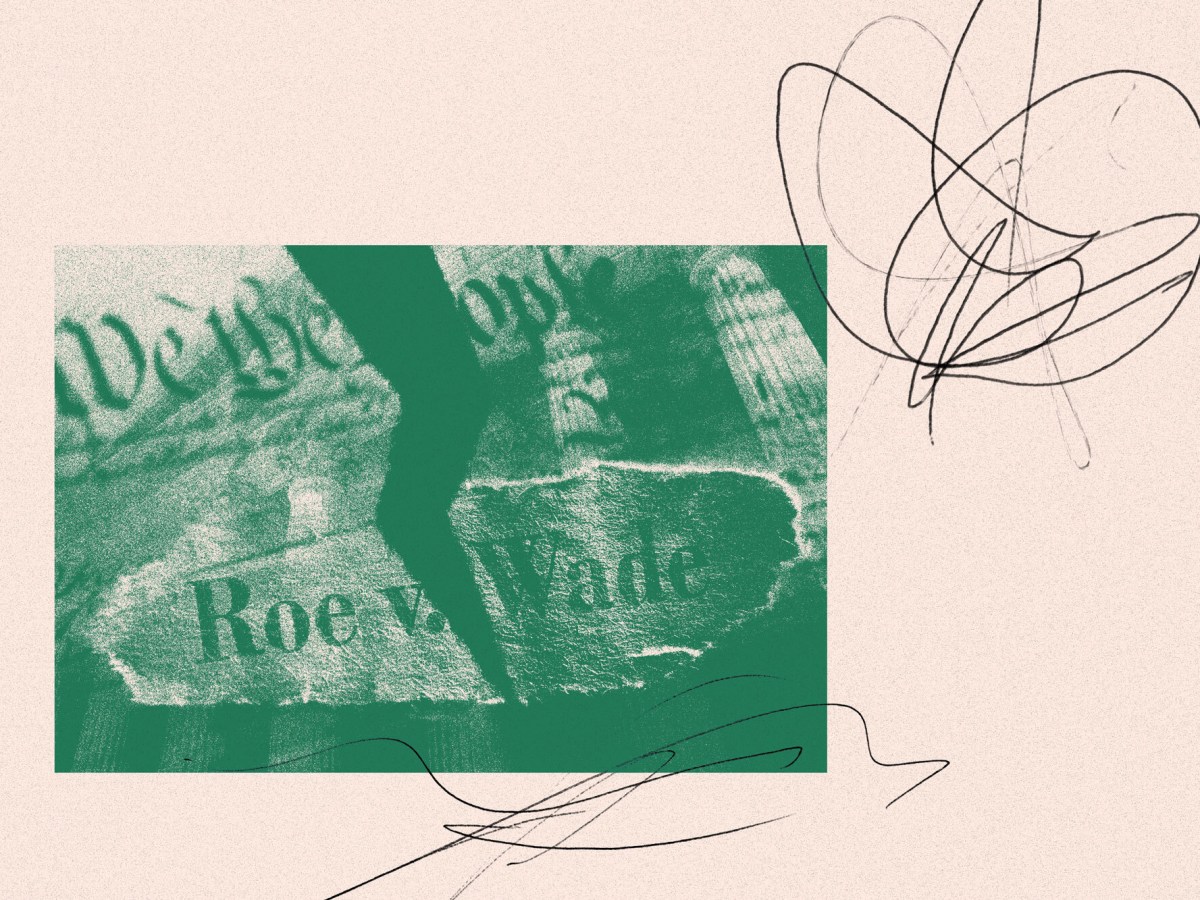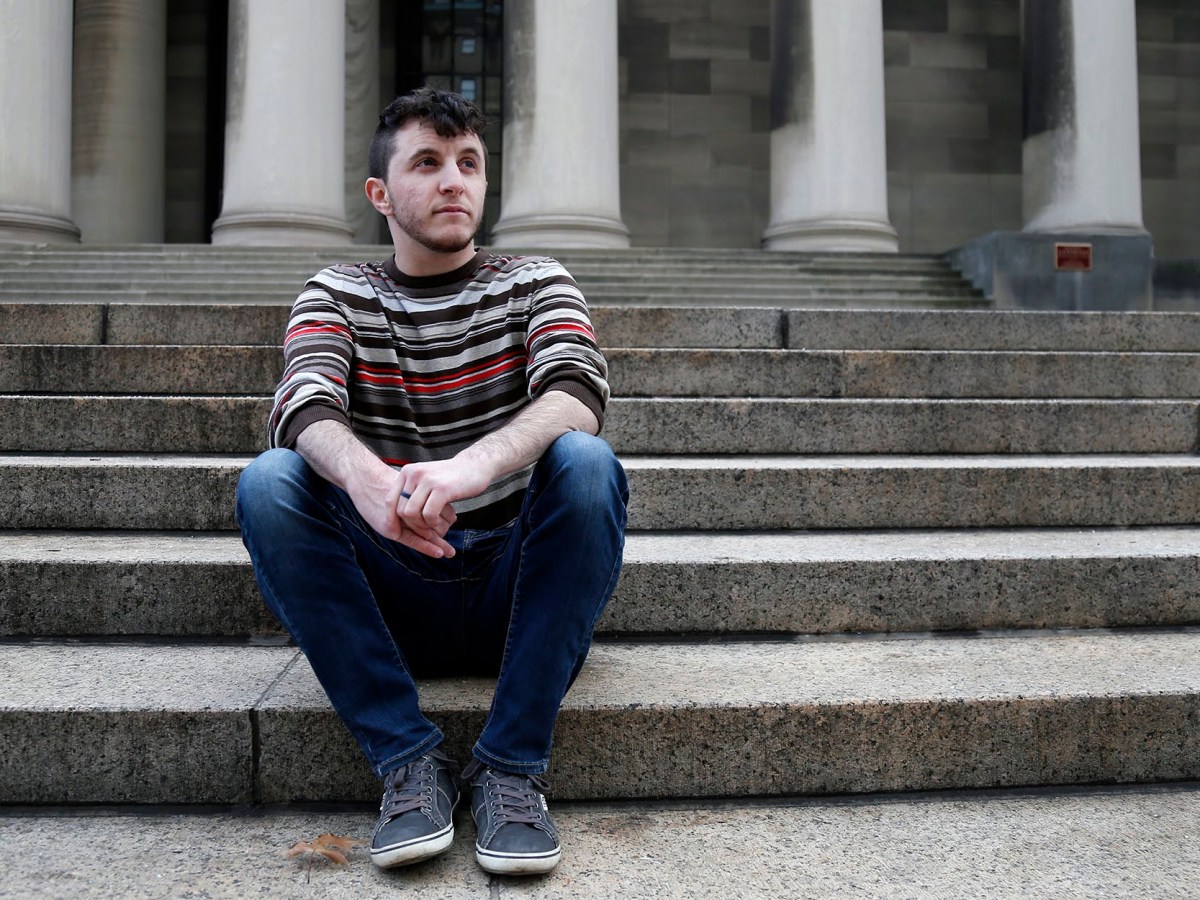Pandemonium. My mom says that, when I was in kindergarten, ‘pandemonium’ was one of my favorite words. I loved everything about the word: the look, the sound and what it felt like to say aloud.
I’ve always been obsessed with words. I collect them like pet rocks — blow off any residual dirt and put them aside for safekeeping until I find the perfect time to use them.
When I was that pandemonium-loving (the word, not the concept) 5-year-old little boy, I was confident words would never let me down and heartily believed the old adage: “Sticks and stones will break my bones, but words will never hurt me.” The saying was so catchy, especially with its accompanying sing-song tune, as though it was a playground mantra. Slowly, though, I began to see through it. The more life I’ve lived and the more language I’ve used, the more I realize how sharp words can be, and yet how utterly inadequate and inaccurate they are as tools.
Growing up, there were times when I felt different from my peers and I wasn’t sure why, but it took a while before that gap between me and everybody else became truly noticeable. I have no idea whether most of my habits were coping mechanisms for feeling different in a world that values sameness or whether much of it was just me being me. People called me “too sensitive” and those two words became a kind of shorthand for something I wasn’t sure how else to describe.
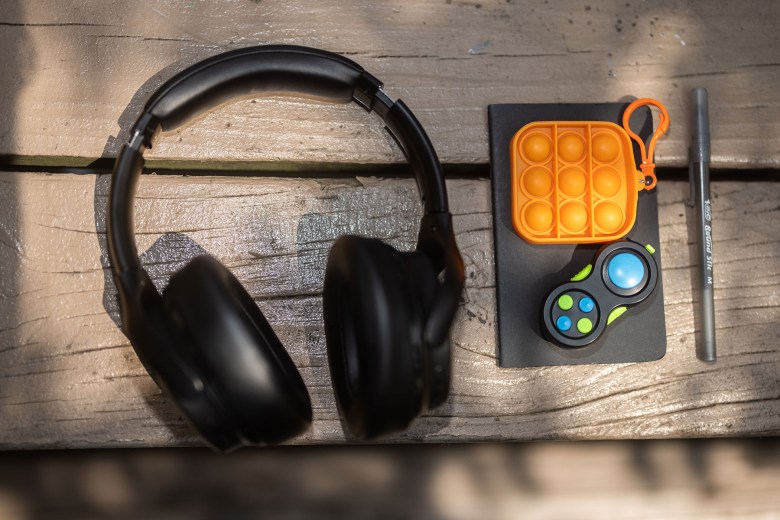
Apparently, no one else knew how to describe it either; it would be another decade-and-a-half before even a medical professional thought to assess me, leading to a diagnosis of autism spectrum disorder.
July, which is Disability Pride Month, feels complicated and confusing to me, at best. I’m always disabled and rarely proud. Sometimes, I wonder if I have a fourth layer of skin except, instead of skin, it’s a saran wrap-like film of shame that holds the rest of me together.
I think of all the things I cannot do, the limitations I have, and all the tasks I accomplish in private so nobody can see how hard they are for me. I think of confronting a tactile sensation that’s awful to me — like some metal door knobs — and needing to wait until I’m alone and can find something to wrap around it so I can open it without contact.
I don’t know how to feel proud about that.
What I know is this: I’m never going to find pride in myself so long as I keep trying to make myself smaller and less disabled in the process. I also know: I live in a society that is run by nondisabled people and sometimes my presence becomes one of an educator.
I am expected to metaphorically hold nondisabled people’s hands as I teach them how to interact with me and treat me with basic dignity. I often find myself trapped in thinking that the purpose of my existence as a disabled person is, first and foremost, to make the hypothetical nondisabled “you” around me more comfortable.
But much of the time, I’m too tired to explain, too tired to prove my wholeness.
Zoom migraines and caption blowback
At the beginning of the pandemic, when everything was forced to go digital, I remember people conjecturing that maybe this is the nudge society needed: Maybe we were finally making progress toward being more inclusive and more accessible. In some ways, digital life did seem easier and, in certain ways, more accessible. Suddenly, I didn’t have to figure out logistics of transportation for all of my appointments; I simply needed to turn on my computer and set up my webcam. I wasn’t expected to be in loud environments like busy restaurants; in fact, we were all being told not to do that.
As an introvert, some of this came quite easily to me. At the same time, the pandemic tested my ability to keep masking just how many support needs I actually have. My ability to mask eroded with every passing day, and I was only growing more and more overstimulated.
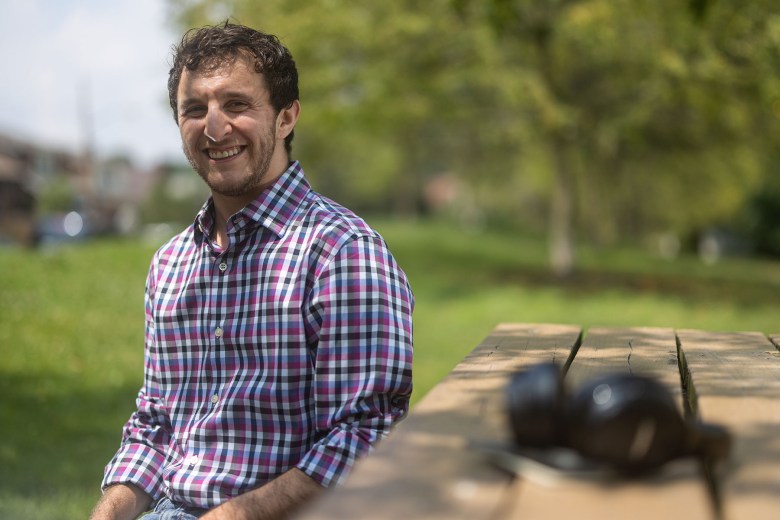
It seemed as though every time I signed off a Zoom call, I was greeted with a migraine and complete exhaustion. It didn’t make any sense to me; weren’t Zoom calls supposed to be more accessible? I wanted to know that other people were feeling this, too. The migraines and exhaustion, I learned, were a result of trying to process speech from several different people, while also watching the squares on my computer screen constantly light up and change positions whenever the speaker did. It was a brand of sensory pandemonium I could not love.
I began flirting with the reality that regular video calls would not be sustainable for me unless I was able to access accommodations. At first, I concluded that it would be best for me to ask for as little as possible. I didn’t want to bother anyone. Besides, I had so little experience paying attention to my own sensory needs that I wasn’t even sure I knew how to explain them to others. I convinced myself that it’d be easier to hide my needs than to ask for them to be met.
I’d be sitting in Zoom calls centered around talking about what “full inclusion” looks like for disabled people and how to move our society closer to that point, and my request for closed captions during the meeting would be declined, because it was expensive, difficult, aesthetically displeasing or — my favorite — because I really didn’t need them.
I’ve taken all those reasons people have given about why my accommodations are unreasonable and understood them to be commentary on me as an individual; maybe I, too, am messy, bothersome and inconvenient, like the captions on a screen to a person who doesn’t need them.
I’ve been told (and retold) all the ways my brain makes things difficult for other people, so much so that I believe them when they say it.
Dulling pandemonium, mulling pride
How can I be expected to celebrate the fact that I’m disabled when I’ve been led to believe that my disabilities hinder me from being worthy of belonging?
I’ve tried to ignore my needs instead of asking for others to meet them. I’ve tried willing myself out of my disabilities. I’ve tried working harder. None of that works.
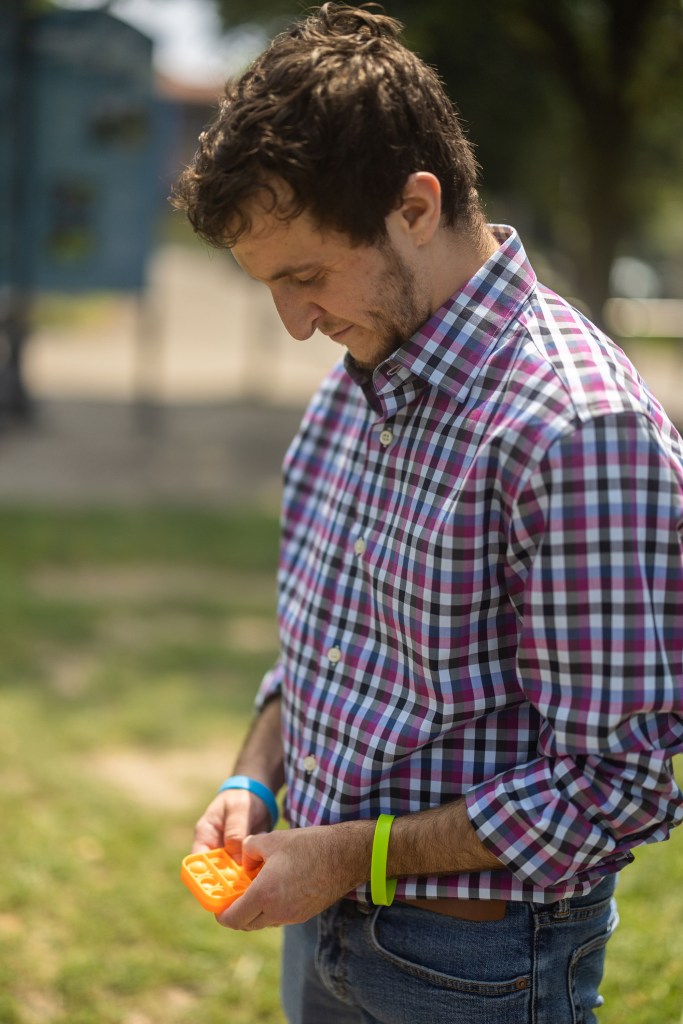
Long ago, I took these words as a mantra: The parts of me that make life difficult or inconvenient for other people are not worth nurturing. People continue to tell me I’m too difficult in all the ways I need support and yet, they insist I should be proud of being different.
It’s hard to take pride in an aspect of my identity I was never taught to celebrate or nurture in the first place.
Now I watch and wait and pretend to know how to adapt. Some things — events, appointments, hangouts — are still occurring digitally, but there’s also a lot happening in person. I’m still learning my way around asking for accommodations, even as I’m held hostage by memories of being labeled as burdensome. I’m still terrified of having too “messy” a brain.
But I’m trying.
Several months into the pandemic, I bought my first pair of noise-canceling headphones. They are far from perfect, but when I put them on for the first time and actually experienced quiet, I thought I might cry. It wasn’t a feeling of pride necessarily, but suddenly existing in this too-loud world felt doable to my ears. The pandemonium faded, just a bit, so that the language that I love could reach my ears. Once again, words could go back to being words, not daggers.
Eli Kurs-Lasky is a Pittsburgh native who still loves the word pandemonium. He interacts with the city through writing and photography (self-taught). He can be reached at eli.kurslasky@gmail.com.

